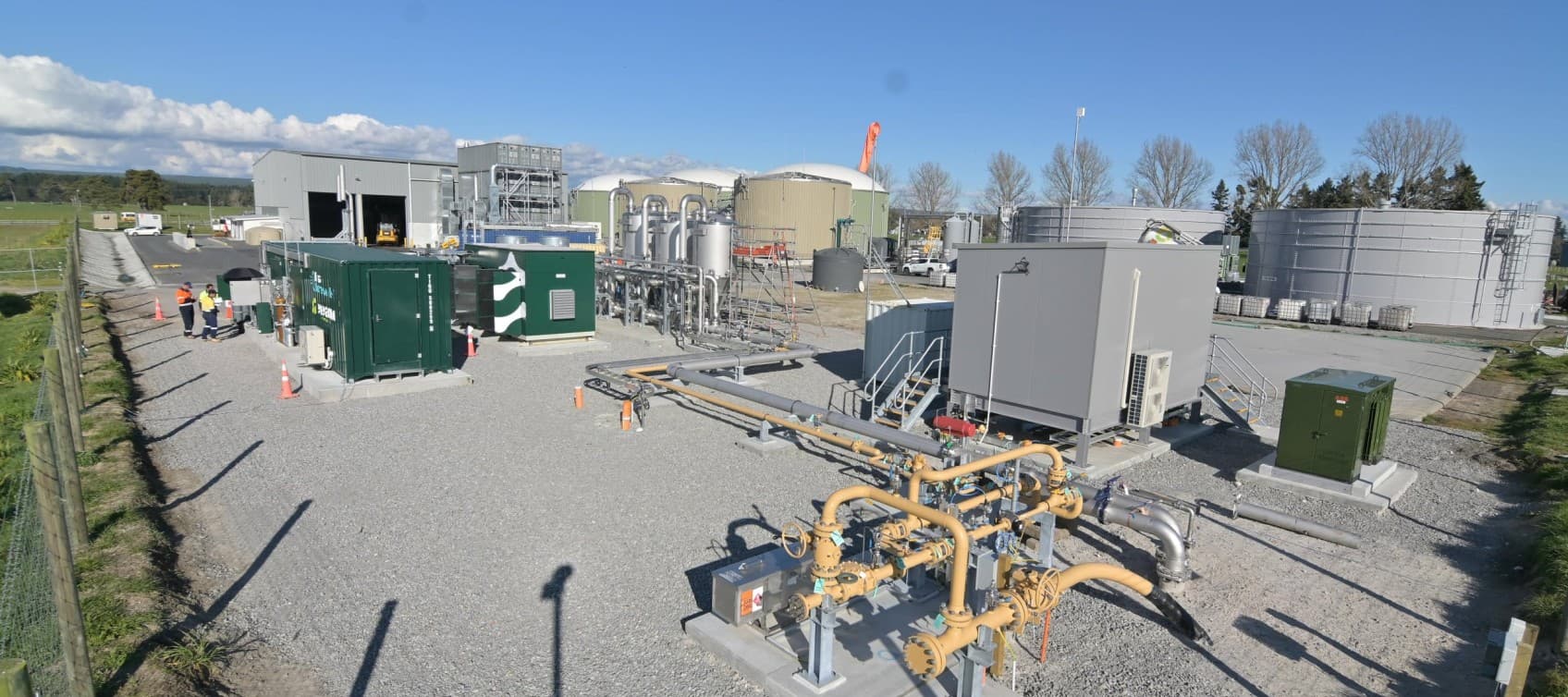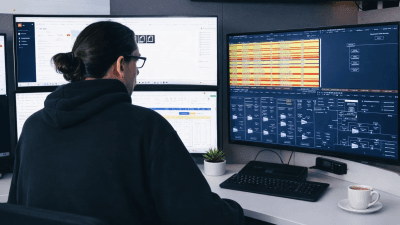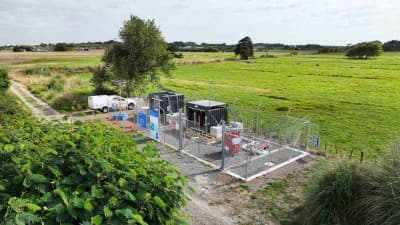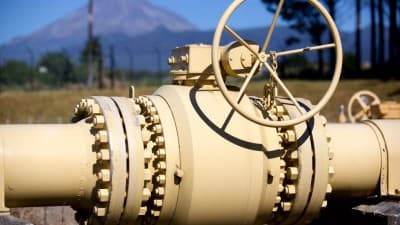First Renewables, in partnership with Ecogas confirmed today that the First Renewables biogas upgrade facility, located at the Ecogas Reporoa Organics Processing Facility is now in production.
James Irvine, General Manager of Future Fuels at Clarus hailed this as a historic milestone for the country’s gas pipeline infrastructure. “We are thrilled to confirm that renewable gas is now flowing through a Firstgas pipeline for the first time, marking a pivotal moment not only for the gas industry but for New Zealand’s journey towards a sustainable, low-carbon energy future,” Irvine said.
Renewable gas, or biomethane, is chemically identical to conventional natural gas but comes from renewable sources such as organic waste, making it a critical player in reducing carbon emissions across various sectors. It can be used for heating, electricity generation, and even transportation.
The journey of this renewable gas begins with food scraps and other organic wastes, that is transformed into biogas at Ecogas’ Reporoa facility. Ecogas contracted First Renewables to deliver an advanced biogas upgrade system where the biogas is transformed into biomethane, which is then injected into the Firstgas pipeline for residential and commercial gas users. BioCO2 is also produced for Ecogas as part of this new system. This will be supplied to a nearby glasshouse to enhance the growth of tomatoes in the near future.
“Our initial estimates show this facility alone can supply enough renewable gas to power up to 7,200 homes, while also reducing CO₂ emissions by 11,000 tonnes per year*, and because it’s chemically identical to natural gas, there are no changes required for gas users or their appliances,” Irvine explained.
“This is an exciting step forward for not only Ecogas and First Renewables but for Aotearoa as a whole.” said Fraser Jonker, Managing Director of Ecogas. “Our mission is to close the food and energy loop. By transforming a ‘waste’ product into a renewable gas, we are another step forward on this journey that ultimately supports environmental sustainability, energy security and economic development in Aotearoa New Zealand.”
Irvine said, “Gas will continue to play a key role in New Zealand’s transition to reduced emissions. Its storability and transportability make it a reliable energy source, especially for sectors hard to decarbonise, and it’s pivotal in supporting the country’s electricity grid during peak times.”
Globally, renewable gas is seen as a critical pillar of decarbonisation. Leading the charge in Europe, Denmark has made significant progress, supplying nearly 40% of its natural gas grid with biomethane, and targeting 100% biomethane by 2030.
The global demand for biomethane is soaring, with 2023 seeing over $5 billion in investments in the technology, signalling its growing importance in reducing carbon emissions globally.
The news that renewable gas is flowing in a pipeline follows closely after the announcement that Firstgas, also a Clarus company, is one step closer to commencing New Zealand’s first Hydrogen Blending Pilot, with WorkSafe granting two exemptions to Firstgas to enable the project to move forward.
“As New Zealand embarks on its renewable energy journey, the potential of renewable gas is exciting, with the technology playing an essential role in achieving a low-carbon energy future,” Irvine said.
Ecogas and First Renewables are planning to hold an opening event at the Ecogas Reporoa Organics Processing Facility, next Year.
*Calculation based on 22GJ p.a. average for a residential consumer. Estimated max production is 160TJ = 7,200 houses.
For more information about the future of gas visit –www.clarus.co.nz/future-of-energy
Watch this video to understand how kerbside food waste is turned into biomethane and bioC02.
You can download the images / videos here for media content purposes. Please credit First Renewables when publishing the images.





